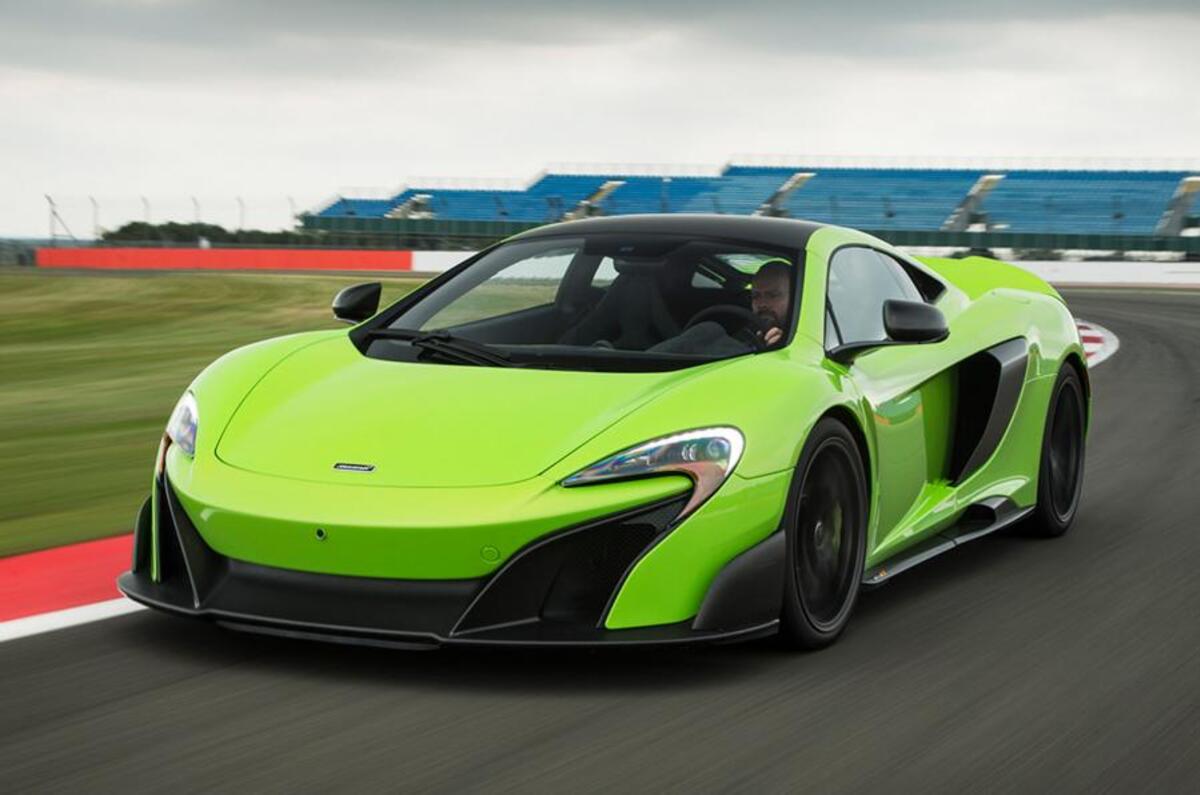McLaren might have already tried to kill rumours of the downright fascinating prospect of a takeover by Apple with a statement denying the Financial Times story (spoilsports), but to me the old adage of no smoke without fire burns brightly here.
Why? For starters, the FT and its well-informed and connected team reports the kind of things in detail that someone only close to the matter would know. Take, for example, the line that negotiations have been ongoing for “months”, rather than a more generic reference to talks.
I could also pore over the semantics of McLaren’s statement – “we are not in discussion with Apple in respect of any potential investment” – and pick a few holes (discussion, not discussions; investment and not a takeover). But I will take it at face value and instead play devil’s advocate as to why the deal makes so much sense for Apple.
We think of McLaren as a race team and a road car maker, but the mooted deal is for the entire McLaren Technology Group, which includes not only the road and race teams but also the McLaren Applied Technologies arm, which applies F1-bred outside-the-box thinking to all kinds of other industries, from working out how to manage emergency departments and improve surgical procedures in healthcare to making Mark Cavendish’s Tour de France bike lighter and faster.
McLaren Applied Technologies is also, and perhaps most importantly here, a don at electronics, data and software for simulation and modelling, with scores of patents for the kinds of things Apple would be very interesting in developing itself for its autonomous cars had Woking not got there first.
Simply put, McLaren knows its onions in a whole lot of areas that would be very interesting to Apple as it prepares to bring its mooted iCar, an open secret in Silicon Valley and the subject of a recent Autocar investigation.
Buying McLaren would allow Apple to make whatever kind of car it wants to without impacting on McLaren’s own road cars. McLaren is on record as saying it will never make autonomous cars (of its own, at least…), but the road and race team’s knowledge of advanced drive systems and the software to run them, futuristic materials and the rapid development of prototype parts could just as easily be applied to any type of car other than its own, particularly one from a maker that makes premium products at a price to match.
McLaren is also not shackled by the typical product cycles we see in the wider industry, being able to quickly update and improve its cars due to being a lean – and now profit-making – car maker in a way others simply can’t. It still amazes me that McLaren Automotive has only actually been making road cars for five year. Just look at how we’ve gone from the original MP4-12C to the 675LT, and with the P1 en route, and all using the same basic underpinnings, to see how far they’ve come in that short time.
Whether there is a fire to go with the smoke will come out in the wash in the coming weeks I’m sure.








Join the debate
Add your comment
Apple trying to gain more power
What's Apple On these Days
Good thing?....or is it...?